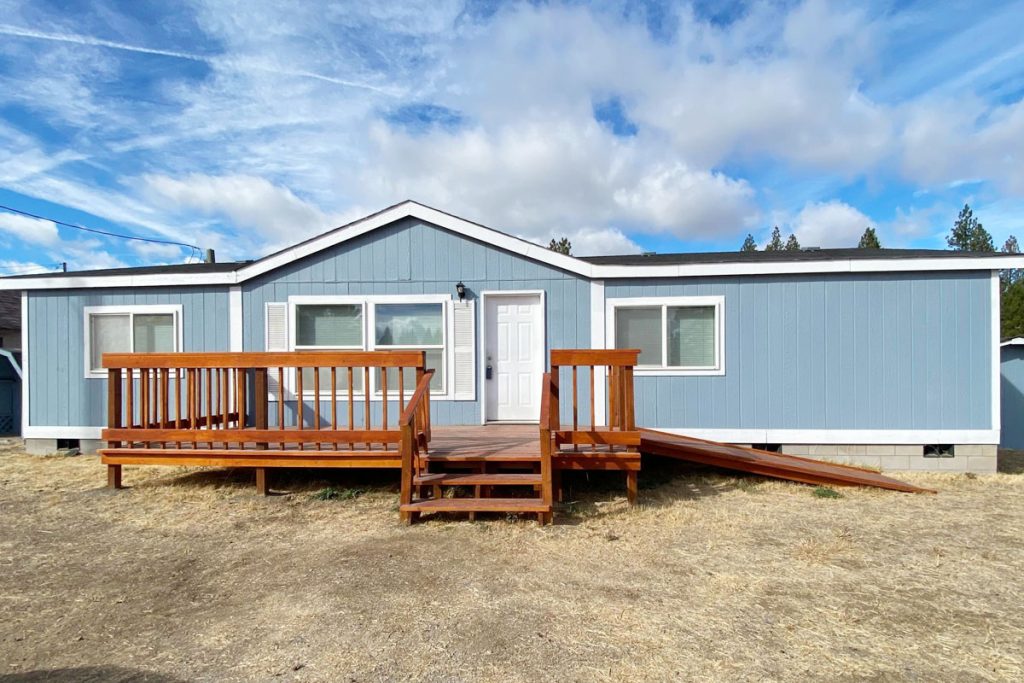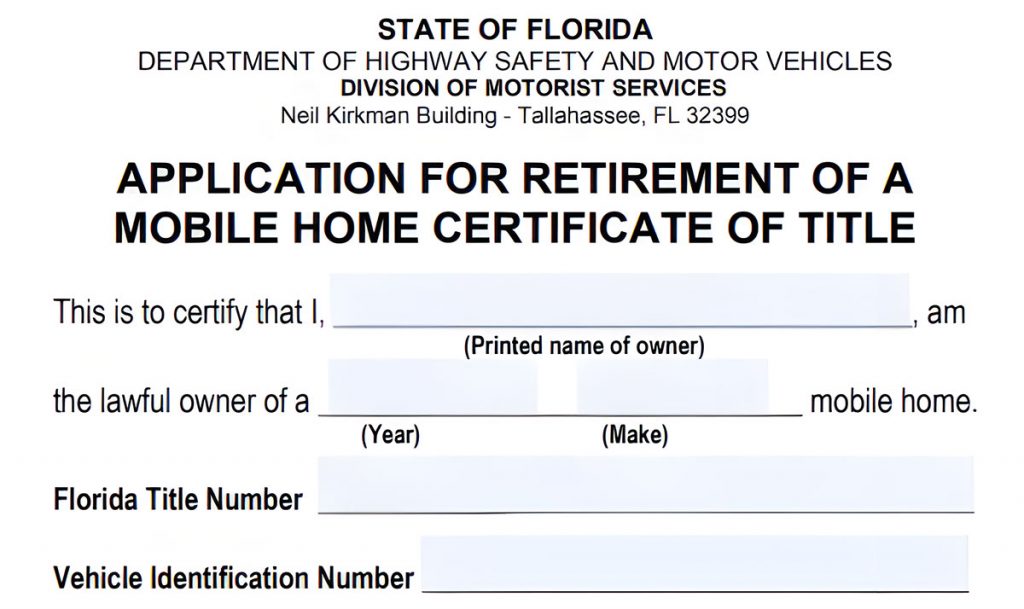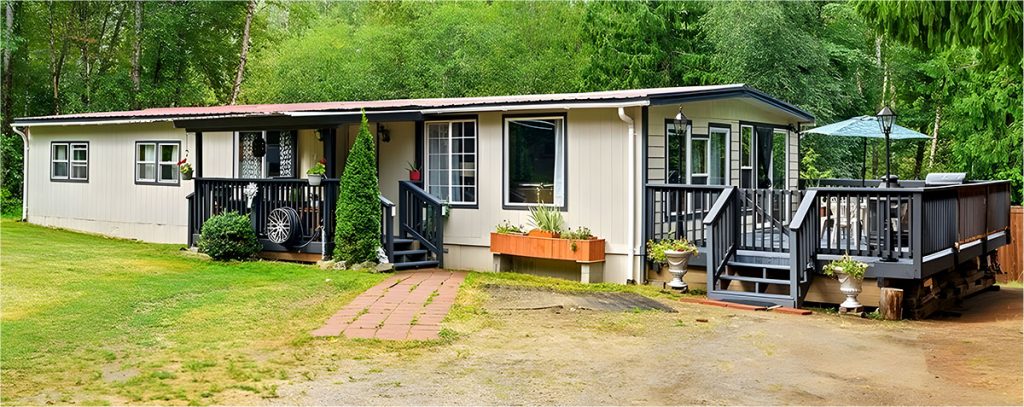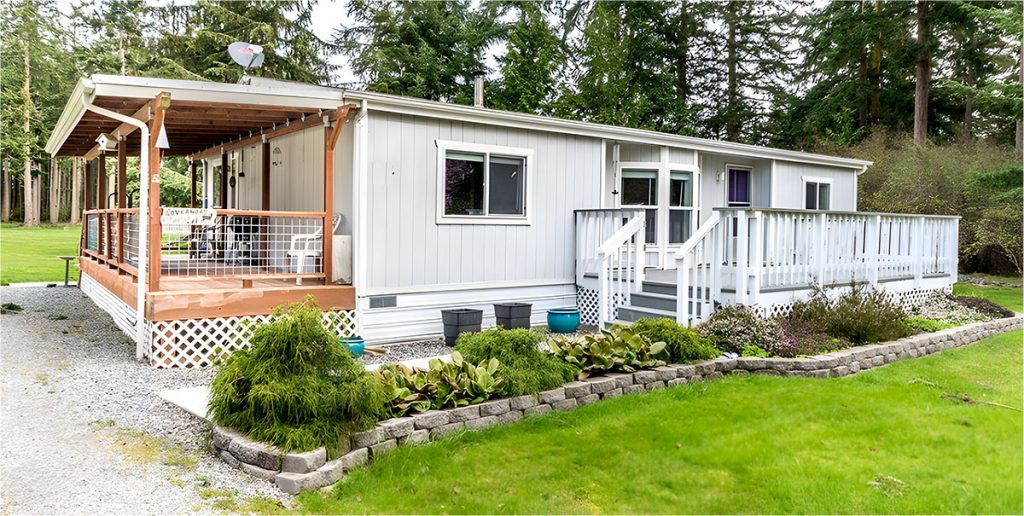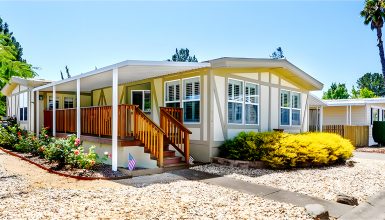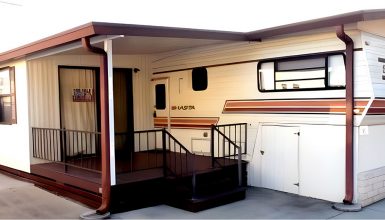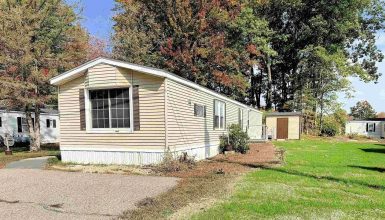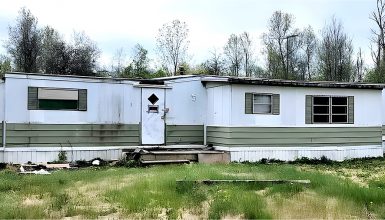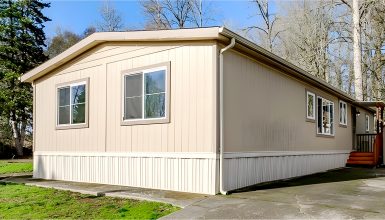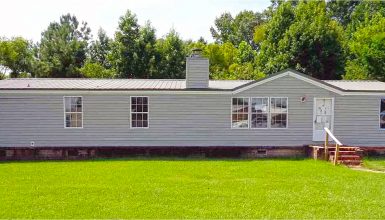Turning your mobile home into real property isn’t just a signature away – it’s a process that involves more than you might think. It’s about more than securing a place to hang your hat; it’s about making a tangible investment in your future. But how long does this process take? Let’s dive in!
What is Mobile Home Title Retirement
By default, mobile homes are considered personal property, like your car. You own it, can move it around, and it’s great. But, unlike your favorite settee or coffee table, you can’t sell this kind of property with the land it’s on.
Now, wouldn’t it be great to treat your mobile home as real property, just like a conventional house? That’s where retiring the mobile home title comes in. It’s the process of shifting gears, turning your mobile home from personal property into real property. This transition comes with perks, like selling your mobile home and land together or even getting a traditional mortgage. So, how do you retire a mobile home title? That, my friend, is what we’re here to discuss next.
The Process of Retiring a Mobile Home Title
This process might sound like a lot. But remember, it’s about making your mobile home a fully-fledged part of the property world. And once you’ve navigated through it, you can sit back, relax, and revel in the security of owning real property. So, let’s roll up our sleeves and get started, shall we?
1. Attach the mobile home permanently to the land.
First things first – to retire a mobile home title, the home needs to put down roots. Literally, we’re talking about permanently attaching the mobile home to the land. What does this mean?
It’s goodbye to the towing hitch, wheels, and axles and hello to a solid foundation. Now your mobile home isn’t going anywhere, making it part of the land it rests on. It’s not just about stability; this transition brings legal changes, too. It shifts your mobile home’s status from personal to real property, opening doors to more financial options.
2. Proof of ownership
Next on the checklist is proof of ownership. Just like you wouldn’t sell a car without showing you own it, the same goes for your mobile home. This proof is typically your mobile home title or a bill of sale. Remember, you also need evidence that you own the land beneath your mobile home. Yes, the plot thickens! It’s all about laying the legal groundwork to ensure the title retirement goes smoothly.
3. Apply to your local county or state office.
Once your mobile home is anchored and your proofs are ready, it’s time for a little trip. Destination? Your local Department of Motor Vehicles (DMV) or Housing and Community Development (HCD) office. That’s where you’ll apply to retire your mobile home title. Think of it as your mobile home’s graduation day. The application process involves forms, some paperwork, and sometimes even an inspection. But don’t sweat it. This is just to make sure everything is up to code.
Timeframe to Retire a Mobile Home Title
Now, I bet you’re wondering: how long does all this take? It’s a fair question, and there isn’t a one-size-fits-all answer. That’s because several factors can influence the timeframe for retiring a mobile home title.
- The workload of the local office
First up, the workload of your local office. Imagine a popular restaurant on a Friday night. If there are more orders than the kitchen can handle, you’ll wait longer for your meal. It’s the same with the office handling your application. If they’re dealing with a lot of paperwork, it might take longer for yours to get processed.
- The complexity of your application
Next, we have the complexity of your application. Just like a custom-made order takes longer than a set menu item, if there are any hitches or complications with your application, it could slow things down. But don’t worry, this isn’t a race. It’s about getting everything done right.
- Local regulations
And let’s not forget about local regulations. Every place has its own set of rules. Some towns might require more inspections or additional steps, which can add time to the process.
So, in terms of an actual timeframe, it could be anything from a few days to several weeks. That’s a broad range, but this process is more of a marathon than a sprint. And the finish line? That’s your mobile home becoming real property.
Considerations when Retiring a Mobile Home Title
We’ve chatted about the how and why of retiring a mobile home title. Now, let’s highlight some crucial points to consider before you leap.
- Legal
Let’s start with the legal side of things. Every town, county, or state can have different rules. Like different dance steps to the same song, you’ve got to learn the ones that apply to you. And hey, no one expects you to be a legal eagle, so don’t hesitate to contact a local attorney. They can help you cut through the legal jargon and guide you through the process.
- Financial
Money matters too. Your taxes could change when you shift from personal property to real property. It’s essential to get a handle on this beforehand. Reach out to a local tax professional or financial advisor. They can help you figure out the possible financial implications and plan accordingly.
- Selling
Next up, if you plan to sell your mobile home or land or even refinance, retiring your title can be a game changer. It opens the door to traditional mortgages and simplifies the selling process.
- Professionals help
Lastly, you’re not alone in this process. It might seem like a lot, but there are professionals out there who can help. Consider consulting with a real estate professional who knows the local market. They can provide invaluable advice, making this journey smoother.
Conclusion
Retiring a mobile home title can range from a few days to several weeks, depending on the workload of the office you’re dealing with. But remember, it’s more than just a process. It’s an investment in your future, paving the way for financial benefits and offering that warm feeling of stability.

